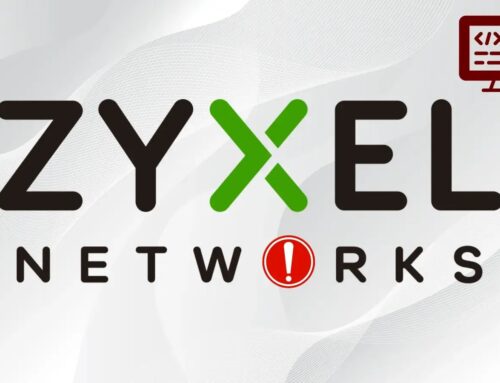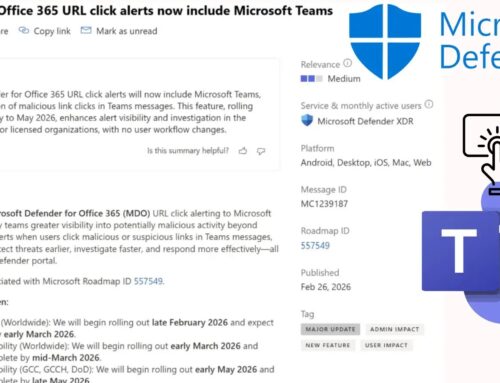
Hyundai AutoEver Confirms Data Breach Exposing Users’ Personal Information and SSNs
Hyundai AutoEver Data Breach Exposes Sensitive User Information and SSNs
The automotive technology sector, a critical component of our increasingly connected world, is under renewed scrutiny following a significant data breach disclosure. Hyundai AutoEver America has confirmed a cybersecurity incident that compromised a substantial amount of sensitive personal information belonging to its customers. This breach, involving Social Security numbers and driver’s license details, underscores the persistent and evolving threats organizations face in protecting user data.
Understanding the Incident: What Happened?
Hyundai AutoEver America detected unauthorized activity within its systems on March 1, 2025. This swift identification led to an internal investigation, which subsequently confirmed a data breach. The incident highlights the sophisticated nature of modern cyberattacks, capable of bypassing existing security measures to access highly sensitive consumer data.
While the initial report specifies the discovery date, the duration or precise method of unauthorized access is not yet fully detailed. However, the confirmed exposure of Social Security numbers and driver’s license information points to a deep compromise of personal identifiable information (PII).
Impact and Exposed Data Categories
The primary concern arising from this breach is the exposure of critical personal information. Specifically, the data elements confirmed to be compromised include:
- Social Security Numbers (SSNs): A primary identifier often used for financial services, background checks, and identity verification. Exposure of SSNs carries a high risk of identity theft and financial fraud.
- Driver’s License Details: This includes driver’s license numbers, which, when combined with other PII, can be used for various forms of impersonation.
- Other Personal Information: While not explicitly detailed beyond SSNs and driver’s licenses in the immediate report, data breaches of this nature often involve names, addresses, dates of birth, and contact information. Organizations are typically legally obligated to disclose the full scope of compromised data to affected individuals.
The ramifications for affected individuals are significant, ranging from immediate concerns about identity theft to long-term monitoring for fraudulent activities.
Analyzing the Broader Implications for Automotive Technology
This incident serves as a stark reminder of the cybersecurity challenges confronting the automotive industry. As vehicles become more integrated with digital services, connectivity platforms, and sophisticated software, the attack surface for cybercriminals expands dramatically. Automotive technology companies, like Hyundai AutoEver, handle vast quantities of personal and operational data, making them attractive targets.
The breach underscores the need for robust cybersecurity frameworks that encompass:
- Proactive Threat Detection: Employing advanced tools and techniques to identify suspicious activities early.
- Data Minimization: Storing only necessary data for as long as required.
- Strong Access Controls: Implementing multi-factor authentication (MFA) and least privilege principles.
- Regular Security Audits: Continual assessment of vulnerabilities and system integrity.
- Incident Response Planning: A well-defined plan to contain, eradicate, and recover from breaches.
Remediation Actions and Recommendations for Affected Users
For individuals potentially affected by the Hyundai AutoEver data breach, immediate action is crucial to mitigate potential harm:
- Monitor Financial Accounts: Regularly review bank statements, credit card reports, and other financial accounts for suspicious activity.
- Credit Freezes/Fraud Alerts: Consider placing a fraud alert on your credit files or, more effectively, freezing your credit with the three major credit bureaus (Equifax, Experian, TransUnion).
- Review Driver’s License Information: Be vigilant for any unauthorized use of your driver’s license number. In some jurisdictions, this might involve checking your driving record.
- Change Passwords: If you used the same or similar passwords across multiple services, change them immediately, especially for critical accounts. Utilize strong, unique passwords and a password manager.
- Be Wary of Phishing Attempts: Cybercriminals often leverage data breaches to launch targeted phishing campaigns. Do not click on suspicious links or open attachments from unknown senders. Be cautious of any communication purportedly from Hyundai AutoEver requesting personal information.
- Enroll in Identity Theft Protection Services: If offered by Hyundai AutoEver or your financial institutions, take advantage of identity theft protection services, which often include credit monitoring.
Conclusion: The Imperative of Cybersecurity Resilience
The confirmed data breach at Hyundai AutoEver America is a critical reminder that no organization is immune to cyber threats. It reinforces the imperative for continuous investment in cybersecurity infrastructure, proactive threat intelligence, and comprehensive incident response strategies.
For customers, the incident highlights the ongoing responsibility to practice strong personal cybersecurity hygiene and remain vigilant against identity theft. As the automotive sector continues its digital transformation, the safeguarding of sensitive data must remain a paramount concern for both companies and consumers alike.
Further details regarding this incident, including potential CVEs for specific vulnerabilities exploited (if applicable), may emerge as the investigation progresses. For the latest updates, affected parties should refer to official communications from Hyundai AutoEver and reliable cybersecurity news sources.





